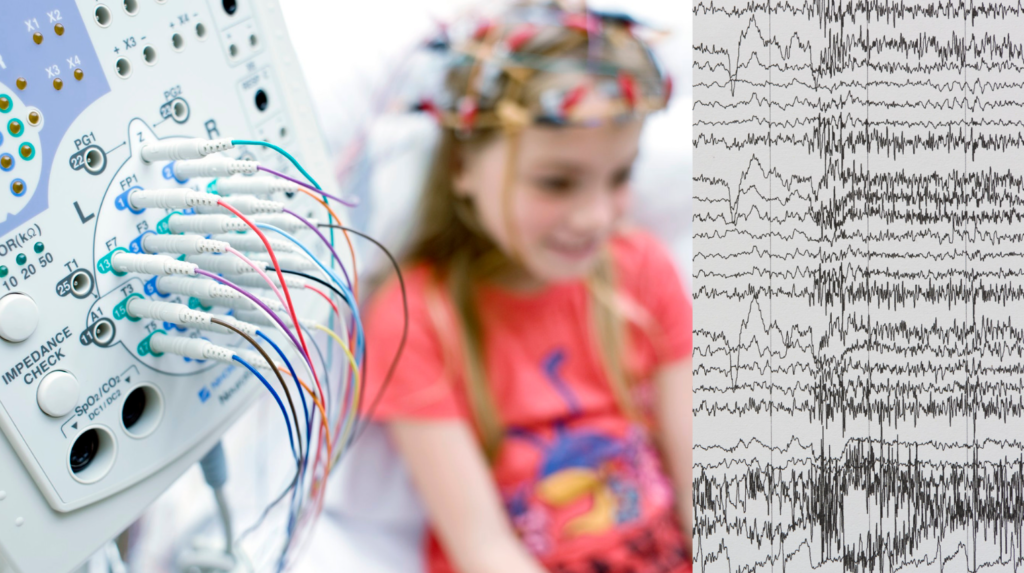Today we would like to share an interesting article that discusses the challenges of studying sleep problems in autistic people. Historically, research participants have had to sleep in a lab while connected to cumbersome equipment such as polysomnography, which can be uncomfortable and interfere with sleep, particularly for someone with autism who may also have anxiety and sensory, communication or behavioural difficulties. To address this issue, multiple labs are working to deploy minimally invasive sleep-tracking devices, both “wearables” that someone puts on and “nearables” that take measurements from a distance. These devices tend to collect fewer types of data than polysomnography can but their creators say they do enough to get the job done.
Sleep problems are also common in Rett syndrome, affecting nearly 80 percent of patients and often present themselves as screaming, laughing, bruxism (grinding), epileptic seizures or apnea. The use of minimally invasive sleep-tracking devices could also help researchers study sleep problems in Rett syndrome and other related disorders.
Read the full article to learn more.

